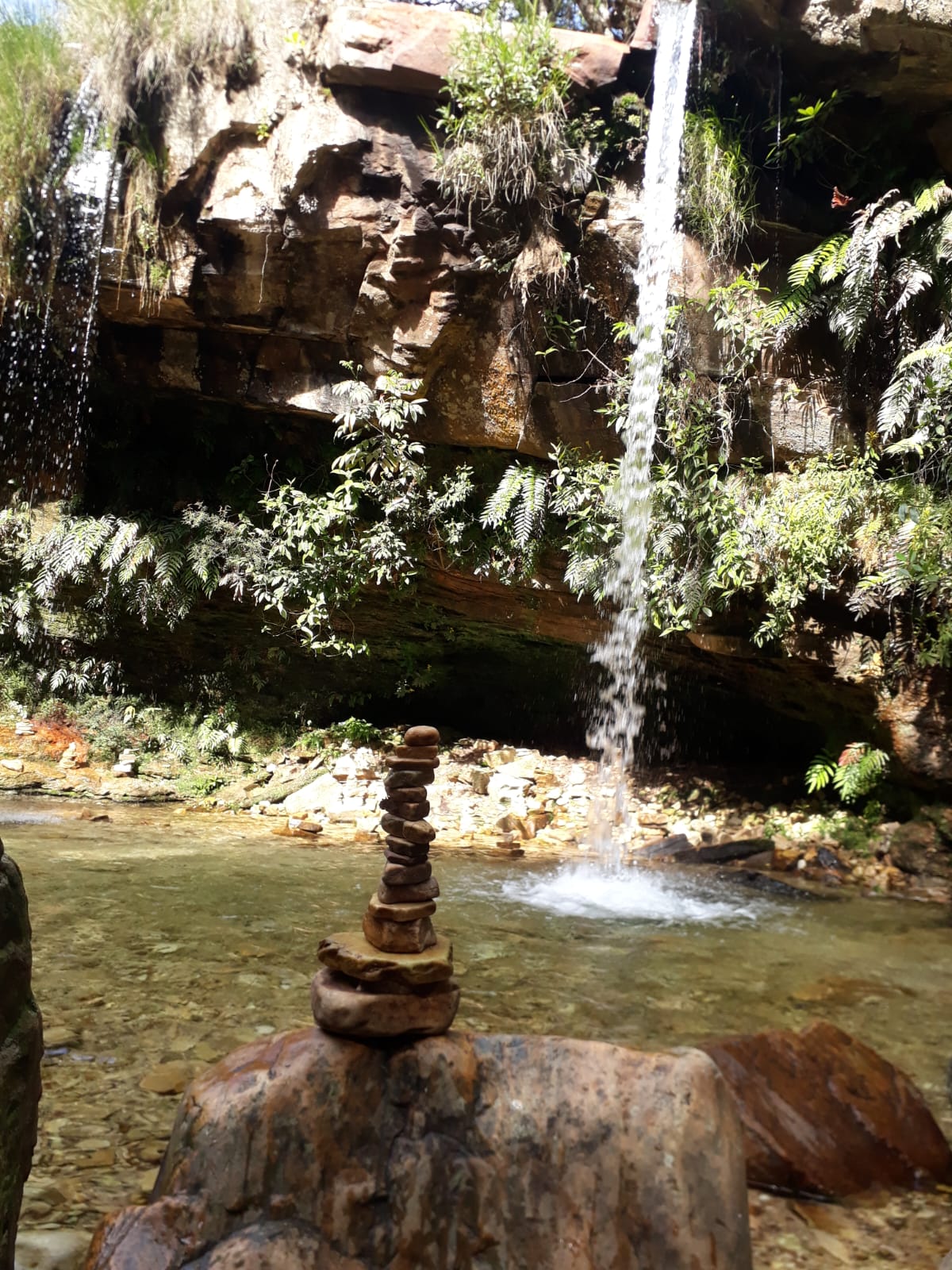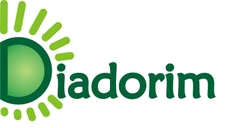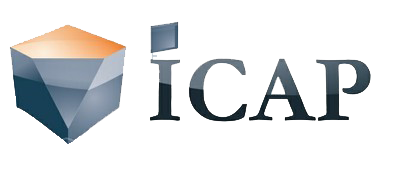O uso do IRaMuTeQ na elaboração de uma revisão integrativa da literatura em turismo: Relacionamento com Fornecedores, Capacidades Dinâmicas e Perfomance no setor de hospitalidade
DOI:
https://doi.org/10.29149/mtr.v8i3.8263Palavras-chave:
Revenue ManagementResumo
As transformações socioeconômicas exigem adaptações por parte das empresas.
No turismo não é diferente, por isso, compreender mecanismos de desenvolvimento
na indústria do turismo torna-se um ponto crucial para atender as exigências
competitivas do mercado. Tais exigências competitivas dizem respeito a um
ambiente no qual é necessária uma estrutura dinâmica, descentralizada, que
potencialize ganhos e, ao mesmo tempo, evite a perda de autonomia e flexibilidade
de cada firma em possíveis relações de colaboração. Neste contexto, entender as
redes em que os hotéis estão inseridos e suas capacidades dinâmicas é primordial.
Elaborar uma revisão sistemática integrativa da literatura auxilia no entendimento
das variáveis envolvidas na rede. O objetivo deste artigo é verificar, no setor de
hospitalidade, os fatores subjacentes à cadeia de suprimentos, bem como as
dimensões das capacidades dinâmicas de hotéis. Usou-se o software IRAMUTEQ,
para avaliar 91 abstracts de artigos internacionais listados nas bases Web of
Science e Scopus. Os resultados apontam possibilidades para se fazer a revisão
integrativa, a partir de autores com ideias semelhantes ou diferentes.
Referências
Bjork, P., & Virtanen, H. (2005). What tourism project managers need to know about cooperation facilitators. Scandinavian Journal of Hospitality and Tourism, 5(3), 212-230.
Božič, V., & Knežević Cvelbar, L. (2016). Resources and capabilities driving performance in the hotel industry. Tourism and Hospitality Management, 22(2), 225-246.
Buhalis, D. (2000). Marketing the competitive destination of the future. Tourism Management, 21, 97-116.
Casanueva, C., Gallego, A., & Revilla, M. A. (2015). Access and mobilization of network resources and competitive advantage in hotels. Hospitality Management, 27(6), 1279-1300.
Chen, H., & Chen, J. J. (2003). Governance structures in strategic alliances: Transaction cost versus resource-based perspective. Journal of World Business, 38(1), 1-14.
Della Corte, V., & Aria, M. (2016). Coopetition and sustainable competitive advantage. The case of tourist destinations. Tourism Management, 54, 524-540.
Della Silveira, L. M. (2016). The influence of cooperation networks on the development of sustainability initiatives. [Dissertation (Master's in Business Administration)]. PUCRS.
Dierickx, I., & Cool, K. (1989). Asset stock accumulation and sustainability of competitive advantage. Management Science, 35(12), 1504-1511.
Dragan, D., Kramberger, T., & Topolsek, D. (2015). Supply chain integration and firm performance in the tourism sector. The International Conference on Logistics & Sustainable Transport.
Galeazzo, A., Ortiz-de-Mandojana, N., & Delgado-Ceballos, J. (2020). Green procurement and financial performance in the tourism industry: the moderating role of tourists' green purchasing behaviour. Current Issues in Tourism, 1-17.
Gulati, R., Nohria, N., & Zaheer, A. (2000). Strategic networks. Strategic Management Journal, 21(3), 203-215.
Hatamifar, P., Darba Astane, A., & Rezvani, M. R. (2018). Analyzing quality of supply chain management in hotels of Isfahan using the partial least squares (PLS). Journal of Quality Assurance in Hospitality & Tourism, 19(2), 172-191.
Hoffmann, V. E. et al. (2015). Business strategy in periods of crisis: a study of the hotel sector in the metropolitan region of Belo Horizonte - Brazil. Estudios y Perspectivas en Turismo, 24, 663-682.
Jesus, C., & Franco, M. (2016). Cooperation networks in tourism: A study of hotels and rural tourism establishments in an inland region of Portugal. Journal of Hospitality and Tourism Management, 29, 165-175.
Kearney, A., Harrington, D., & Kelliher, F. (2017). Managerial capability for innovation for microfirms: integrating theory with empirical evidence. The Irish Journal of Management, 36(1), 49-59.
Kerdpitak, C. (2019). Effect of drivers pressures on green supply chain management performance within the hotel industry. Polish Journal of Management Studies, 20.
Kua, E. C. S., Wu, W., & Lin, A.-R. (2011). Strategic alignment leverage between hotels and companies: The buyer-supplier relationship perspective. International Journal of Hospitality Management, 30(3), 735-745.
Lado-Sestayo, R., Otero-Gonzávez, L., & Vivel-Búa, M. (2014). Impacto de la localización y la estructura de mercado en la rentabilidad de los establecimientos hoteleros. Tourism & Management Studies, 10(2).
March, R., & Wilkinson, I. (2009). Conceptual tools for evaluating tourism partnerships. Tourism Management, 30(3), 455-462.
Martínez-Pérez, Á., Elche, D., & García-Villaverde, P. M. (2019). From diversity of interorganizational relationships to radical innovation in tourism destination: The role of knowledge exploration. Journal of Destination Marketing & Management, 11, 80-88.
Martins, G. S., Rossoni, L., Duarte, A. L. C. M., & Martins, R. S. (2017). Supply chain relationships: exploring the effects of both relational and structural embeddedness on operational performance. International Journal of Procurement Management, 10(5), 639-664.
Mehdikhani, R., & Valmohammadi, C. (2019). Strategic collaboration and sustainable supply chain management. Journal of Enterprise Information Management.
Mentzner, J. T., Keebler, J. S., Nix, N. W., Smith, C. D., & Zacharia, Z. G. (2001). Defining supply chain management. Journal of Business Logistics, 22(2), 1-25.
Nieves, J., & Diaz-Meneses, G. (2016). Antecedents and outcomes of marketing innovation. International Journal of Contemporary Hospitality Management.
Novelli, M., Schmitz, B., & Spencer, T. (2006). Networks, clusters and innovation in tourism: A UK experience. Tourism Management, 27(6), 1141-1152.
Pikkemaat, B., & Others. (2009). The staging of experiences in wine tourism. Journal of Hospitality Marketing & Management, 18(2-3), 237-253.
Ratinaud, P., & Marchand, P. (2012). Application of the ALCESTE method to "large" corpus and stability of "lexical worlds": analysis of "CableGate" with IRaMuTeQ. Actes des 11eme Journées internationales d'Analyse statistique des Données Textuelles, 835-844.
Rodríguez-Díaz, M., & Espino-Rodríguez, T. F. (2006). Developing relational capabilities in hotels. International Journal of Contemporary Hospitality Management.
Salviati, M. E. (2017). Iramuteq Application Manual, compilation, organization and notes. Iramuteq.org. Planaltina, DF, 31.
Sari, K., & Suslu, M. (2018). A modelling approach for evaluating the green performance of a hotel supply chain. Technological Forecasting and Social Change, 137, 53-60.
Sinclair, M. T., & Others. (1991). The tourism industry: An international analysis.
Smallman, C., & Moore, K. (2010). PROCESS STUDIES OF TOURISTS' DECISION MAKING. Annals of tourism research, 37(2), 397-422.
Timur, S., & Getz, D. (2009). Sustainable tourism development: How do destination stakeholders perceive sustainable urban tourism? Sustainable Development, 17(4), 220-232.
Torraco, R. J. (2016). Writing integrative literature reviews: Using the past and present to explore the future. Human Resource Development Review, 15(4), 404-428.
Tremblay, P. (1998). The economic organization of tourism. Annals of Tourism Research, 25(4), 837-859.
Vencataya, L., Seebaluck, A. K., & Doorga, D. (2016). Assessing the impact of supply chain management on competitive advantage and operational performance: A case of four-star hotels of Mauritius. International Review of Management and Marketing, 6(4S).
Wilke, E. P., Costa, B. K., Freire, O. B. de L., & Ferreira, M. P. (2019). Interorganizational cooperation in tourist destination: Building performance in the hotel industry. Tourism Management, 72, 340-351.
Downloads
Publicado
Como Citar
Edição
Seção
Licença
Copyright (c) 2023 Iury Teixeira de Sevilha Gosling, Dr. Cleber Carvalho de Castro , Dr. Mozar José de Brito

Este trabalho está licenciado sob uma licença Creative Commons Attribution 4.0 International License.
Autores que publicam nesta revista concordam com os seguintes termos:
- Autores mantém os direitos autorais e concedem à revista, sem ônus para a mesma, o direito de primeira publicação, com o trabalho simultaneamente licenciado sob a Licença Creative Commons Attribution que permite o compartilhamento do trabalho com reconhecimento da autoria e publicação inicial nesta revista
- Autores têm autorização para assumir contratos adicionais separadamente, para distribuição não-exclusiva da versão do trabalho publicada nesta revista (ex.: publicar em repositório institucional ou como capítulo de livro), com reconhecimento de autoria e publicação inicial nesta revista.
- Autores assumem exclusiva responsabilidade pelas suas opiniões emitidas nos trabalhos publicados nesta revista
















